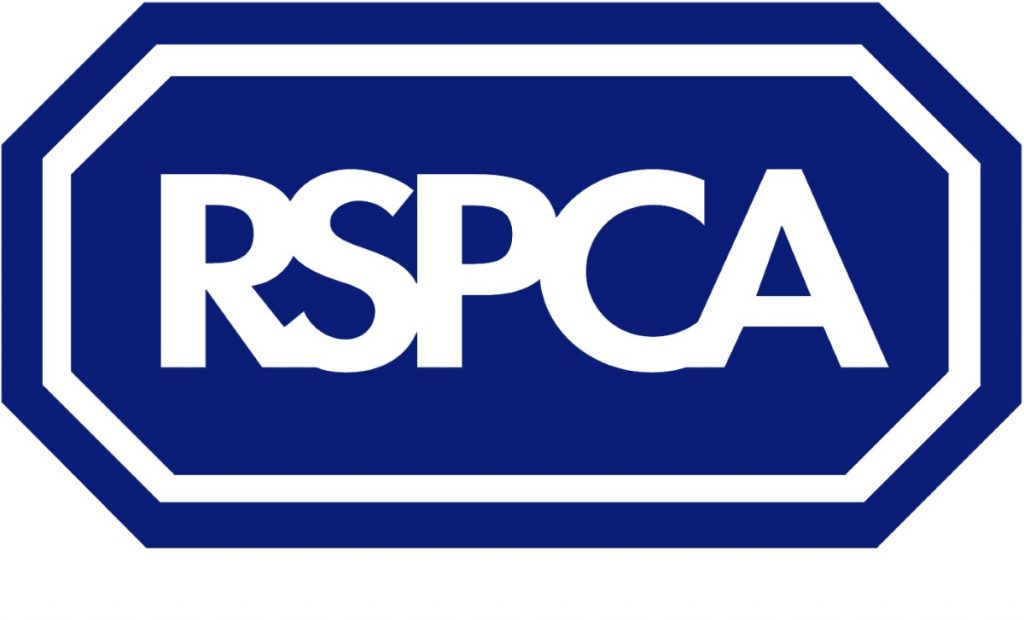RSPCA welcomes leap forward for animal welfare as ‘fly-grazing’ law comes into force
Along with other welfare charities and countryside and farming organisations the RSPCA welcomed the Bill being given Royal Assent in March and looks forward to working with other enforcement bodies to see it work on the ground.
The new law will deter and help to swiftly resolve cases of ‘fly-grazing’ – the practice of placing horses on private and public land without permission. It will bring England into line with Wales, which introduced a similar law in early 2014 and may have led to the practice growing in England where charities estimate that the number of horses fly-grazed to be more than 3,000, causing misery for horses, communities and taxpayers.
It means that irresponsible owners who graze their animals on private land can have their horses seized by the landowner and either sold or otherwise disposed of within just four days*. They can be charged for any damage to the land as well as for the care of the horses.
It should also put the onus back onto owners to comply with other legislation such as compulsory microchipping as any horse that is being fly grazed will only be returned if it has been it microchipped.
RSPCA assistant director of public affairs David Bowles said: “This law will make a big difference to horse welfare as landowners can more quickly deal with fly-grazing animals, instead of them having to leave them on unsuitable land without grazing, shelter or additional food, which is all too often the case.
“It is now time for irresponsible owners to remove illegally grazed horses and to provide them with the proper care. They should also be getting their horses microchipped. Otherwise, from today, they could lose their animals completely if they persist in ‘fly-grazing’ them.”
The RSPCA itself has 599 horses in its care and receives more than 400 calls each week about abandoned, neglected or mistreated horses, ponies and donkeys. Many of these are grazed illegally on other peoples’ land.
The problem has worsened in recent years with factors such as the economic climate, falling prices of horses at market and irresponsible ownership all contributing to horses being left to breed indiscriminately and without enough food or the right sort of care.
The RSPCA #HomesforHorses campaign is still running, with 70 horses finding new owners or fosterers since the end of March. To apply to adopt one of the horses, ponies or donkeys in our care please visit www.rspca.org.uk/homesforhorses.
*The legislation which resulted from a Private Members’ Bill tabled by Julian Sturdy MP for York Outer makes small, but important, changes to the Animals Act 1971 (the law most frequently used to address fly-grazing cases). The updated law will require landowners to keep any horses placed on their land for only four working days, as opposed to the current two weeks, makes it simpler for landowners or local authorities to remove horses being fly grazed and will allow more options to dispose of the horses besides public sale, such as gifting them to a charity, selling them privately or humane euthanasia.





-01.png)